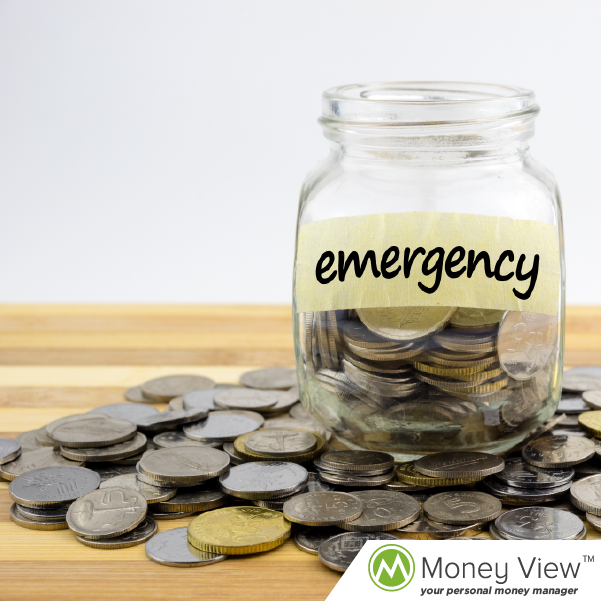Emergency Fund – Why You Need to Start One Today
Consider this scenario: One fine morning, you discover your company can do without you very well, and worse, HR has no problem in telling you that. To your face. Suddenly, you are jobless, with just your severance package. God knows when the next job will come by. Meanwhile, the bills arrive relentlessly. What do you do?
Or check out this situation: You are driving to work, not a worry on your mind, when boom! The idiot coming from the wrong direction hits you head-on, and soon you realize the ringing in your ears is actually the siren of the ambulance. Off you go to the hospital, for who-knows-how-long. The good, old bills pile on. What do you do?
And here’s another possibility: You thought you were made for each other, but down some years, you discover you, actually, can’t stand each other. No big deal, except that divorce lawyers cost the moon. What do you do?
These are just a few issues that can crop up in anybody’s life, leaving you short of funds. Any of these situations – and many more – can cause a stable financial situation to change dramatically, making you look around desperately for funds. No matter how financially prepared you are, you can never discount the possibility of disaster striking. It could well be a natural calamity, or your house burning down. How can you cope with a situation where your regular income either stops, or is not enough to tide you over unexpected expenses?
Emergency Fund – the Need of Every Individual
The best way to deal with the googlies that life throws at you is to have a cache of cash safely tucked away for a rainy day. In other words, you need an emergency fund.
An emergency fund, or a contingency fund, is nothing but savings parked in liquid options to be used during crises. What differentiates an emergency fund from other investments is liquidity, or the ability to turn the investment into ready cash.
Such a fund is very handy when unplanned and unexpected expenses arise. Emergency funds serve as a safety net that enables you to pay for living necessities that cannot be obtained through current income sources. Usually, financial experts advise that an emergency fund should be able to cover three-to-six months of living expenses. And it should be easy to access.
Where to Park an Emergency Fund
So, it is clear that the purpose of an emergency fund is to have money in case of an unplanned event. And money set aside for that purpose is useful only if you can lay your hands on it in a flash. Emergency funds should not be invested in risky places like the stock market, or long-term deposits, or commodities. Many people think if they keep gold at home, it will serve them in times of an emergency. But gold has to be converted into cash before it can be used in an unforeseen situation.
The ideal place to park an emergency fund is in a fairly liquid interest-earning investment option. In other words, in the case of an emergency, you should be able to access the fund quickly and inexpensively.
Liquid funds have emerged as a popular, safe and inexpensive asset class for parking funds earmarked for an emergency. A liquid fund is a debt mutual fund that invests in very short-term instruments (primarily money market instruments) that have a very high credit rating, such as commercial papers, treasury bills, certificates of deposit, and so on.
The portfolios of most liquid funds have average maturities well below 90 days, and sometimes, just six or eight days. The lower maturity period of these underlying assets helps a fund manager to meet the redemption demand of investors. Hence, a liquid fund holds low risk.
Since the instruments have very short tenures, they are not traded in the market, and instead held-to-maturity by the fund. As a result, volatility and mark-to-market losses on the instruments are eliminated. In the past one year, liquid funds have given an average 8 per cent return.
Liquid funds are offered by several mutual fund houses and now even on your mobile App. An interesting point to note is that a liquid fund can potentially outperform a bank fixed deposit.
Final Word
In the end, whether you opt for a liquid fund or a savings account, the important thing is to revisit your emergency fund every now and then, and take stock of it. However, do remember, once you create an emergency fund, forget about using it for other purposes. Leave it alone for that rainy day.
Suneeta Kaul is a journalist, a writer, and a blogger. She tracks the economy, the corporate sector and the stock markets, and is a keen follower of current events. Having started her career with The Economic Times, she has worked for publications such as The Asian Age, Business India, and Thomson-Reuters, among others.
